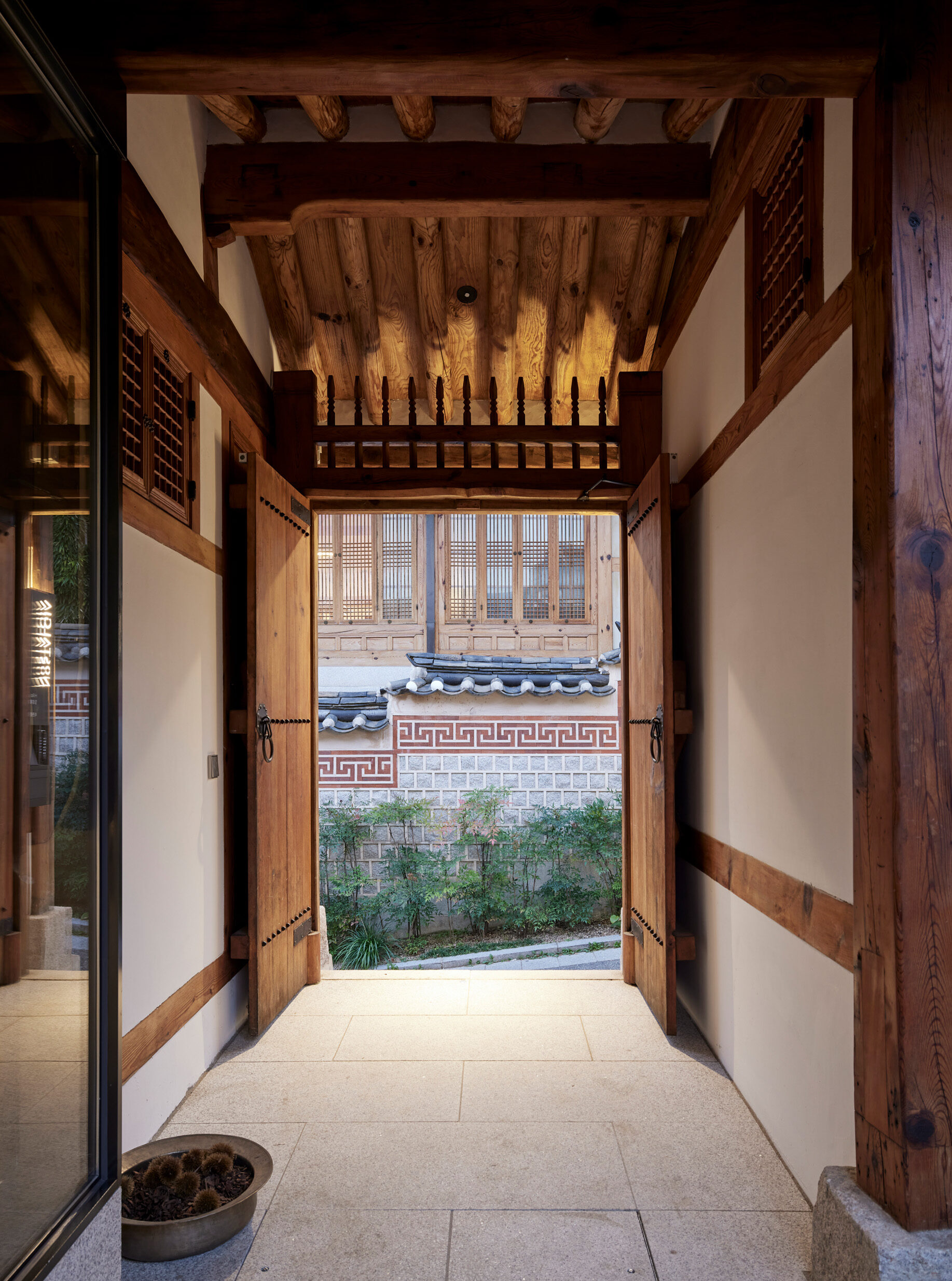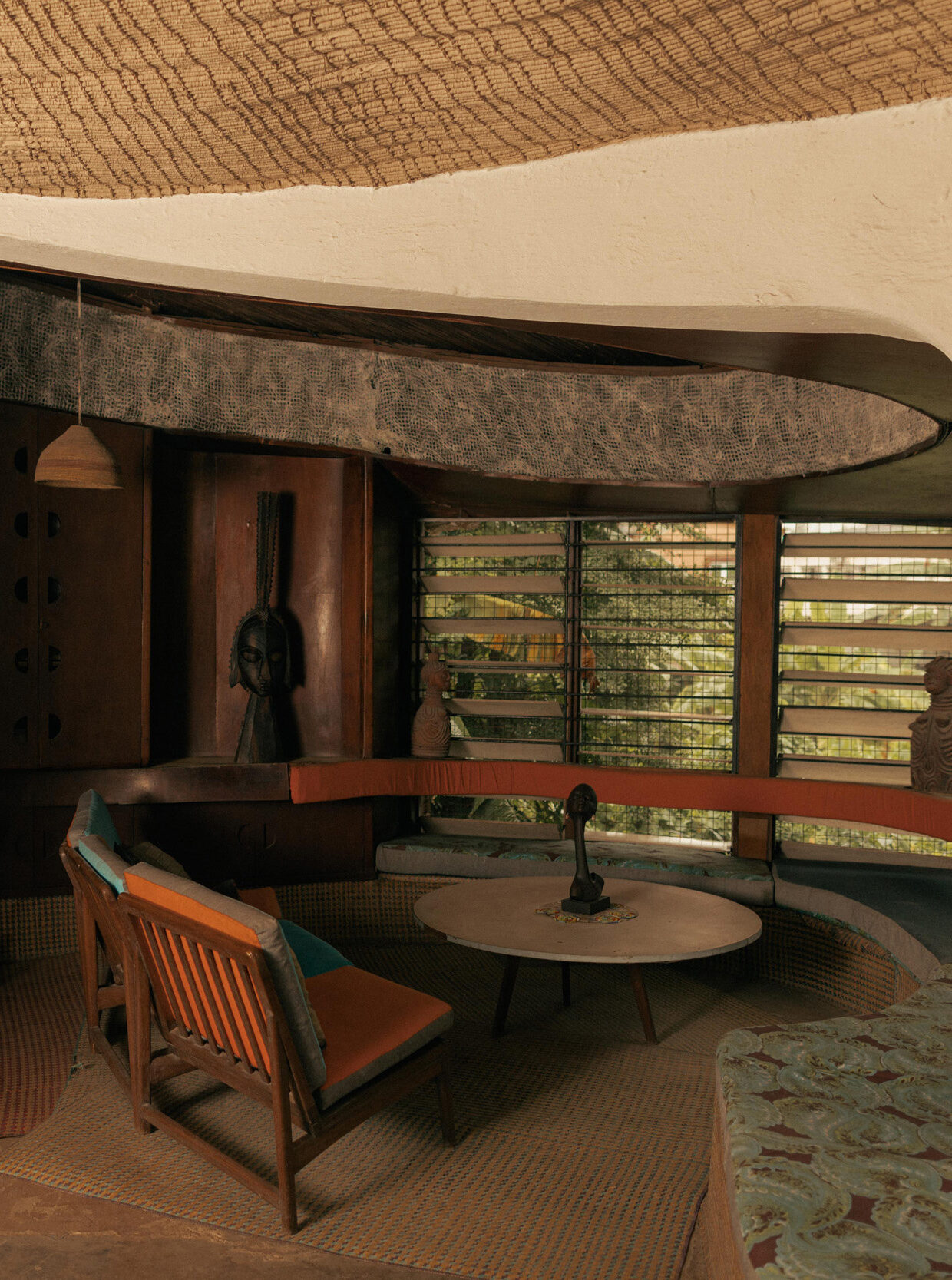The History of UtopiaIs utopian architecture a doomed quest to build human progress with bricks and mortar?
The History of UtopiaIs utopian architecture a doomed quest to build human progress with bricks and mortar?
Is it possible to build heaven on earth? The word “utopia” was coined back in 1516 by Thomas More in his seminal book of the same title. More depicted in detail a fictional island with (what he considered to be) a perfect way of life. Derived from Greek, the word is portentously ambiguous, meaning either “a good place” or “no place.” Too often, ambitions to achieve the former have resulted in something closer to the latter: Good places in theory frequently turn out to be no places to call home.
In history, utopias have often been associated with attempts by leaders with god complexes to assert power and control. Dictators aside, however, our quest for utopia is more commonly linked with our innate desire as humans for progress. In his anarchic essay, “The Soul of Man Under...



